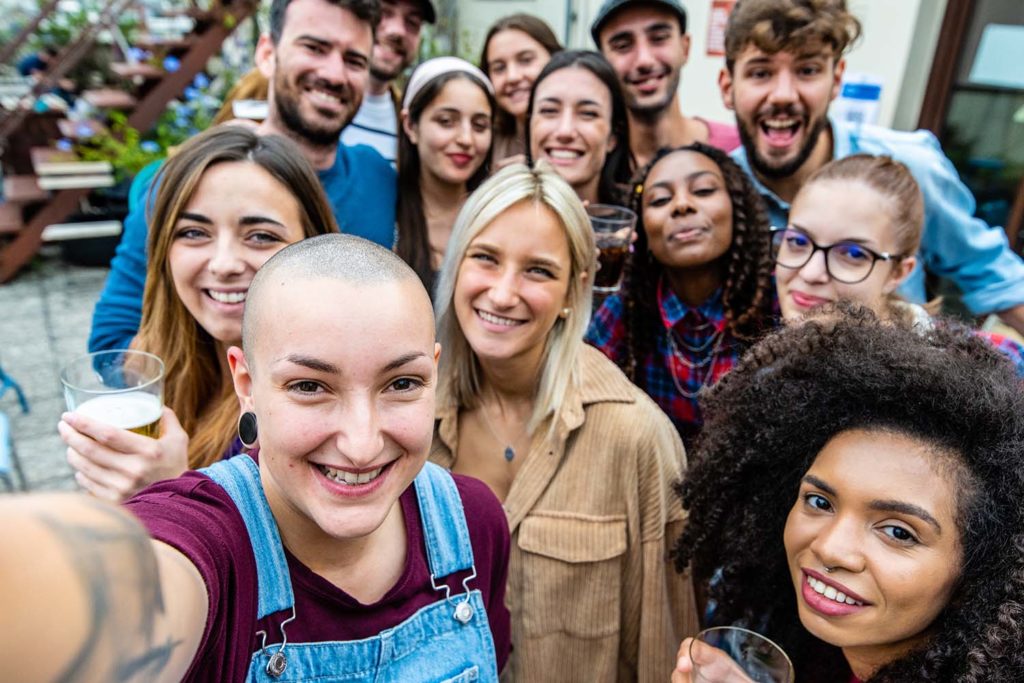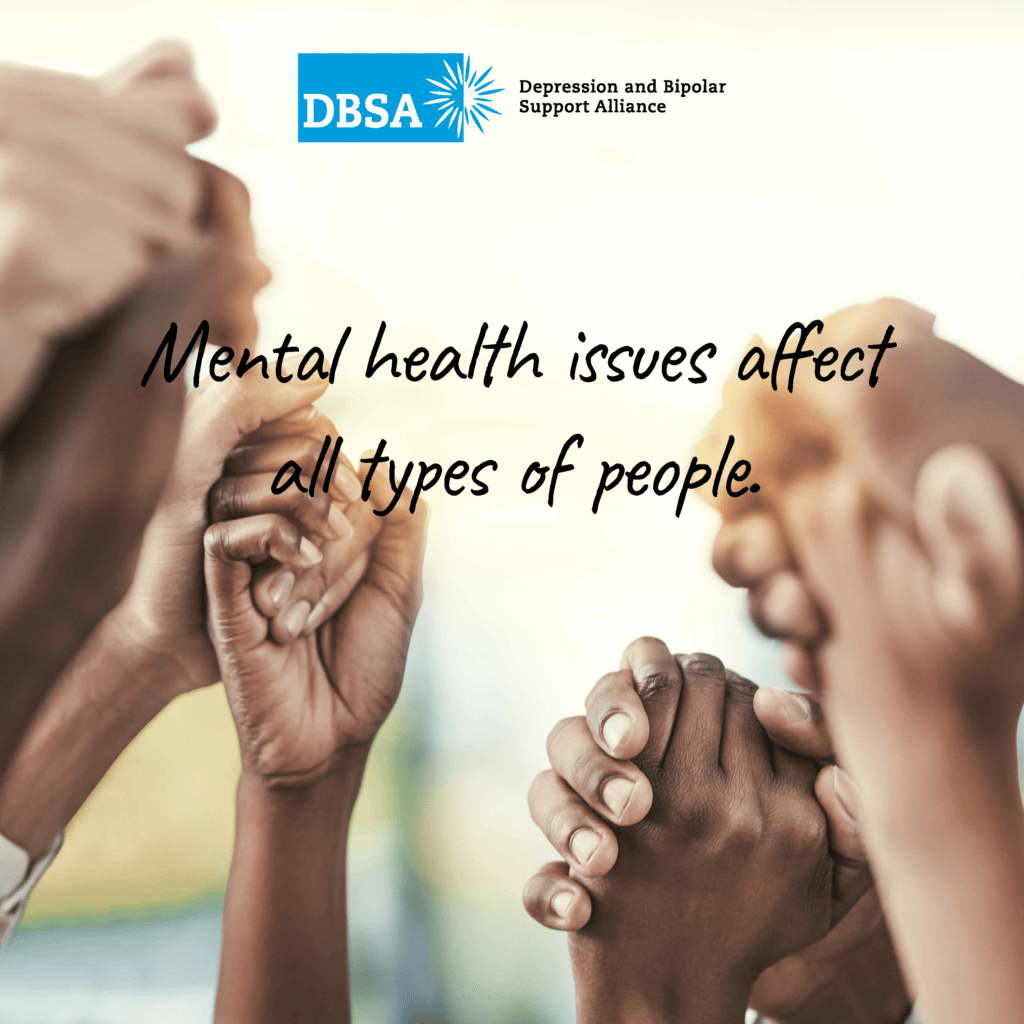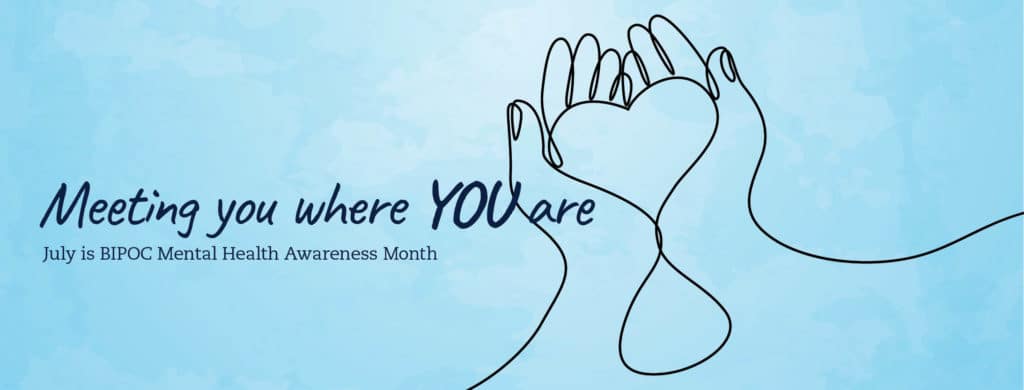
Learn more about how culture and identity impact mental health
Learning about how race, culture, and identity factor into mental health is the first step in understanding the unique lived experiences of everyone and addressing inequality.
Parents and Caregivers Supporting BIPOC Mental Health
Receiving good care can be a challenge for anyone, but is made harder by bias, stigma, and racism. As a parent or caregiver, understanding how to find culturally competent care can be the first step to ensuring that no additional harm is done in a space that has long been fraught and rightfully distrusted in historically marginalized communities.
DBSA Peer Apprentice Program
A peer specialist is an individual with lived recovery experience who has been trained and certified to help their peers gain hope and move forward in their own recovery. DBSA’s Peer Apprentice program prepares professionals to work closely with the community. The DBSA program started as a pilot to have Black Veterans and civilians receive apprentice training to assist with their certification as peer specialists.
DBSA sat down with Jolie M. and Maze C. to talk about their experiences with DBSA’s Peer Apprentice Program.
DBSA Peer Apprentices are currently placed with nonprofit organizations that work with marginalized communities, including BIPOC and Veterans.
DBSA’s Commitment to Diversity, Equity, and Inclusion
DBSA recognizes the unique ways identity, culture, and access affect people living with mood disorders. We strive to create safe and inclusive spaces for individuals to feel empowered on their own path to wellness. DBSA seeks to create equitable access to peer support services and mental health resources and advocate for all individuals with a lived experience with a mood disorder, regardless of cultural and social identity or systemic barriers.
Race and Mental Health: Personal Perspectives on the Future of Wellness
BIPOC (Black, Indigenous, and People of Color) Mental Health Awareness Month is a time to reflect on and raise awareness of the unique mental health challenges that historically marginalized communities face. In this discussion, hear from three members of the DBSA community on what the path to wellness for all people looks like for them.
Mental Health Equity: Acess & Outcome Disparities in Black Communities
DBSA Board Member Dr. Altha J. Stewart defines equity as an opportunity for everyone to have good mental health.



